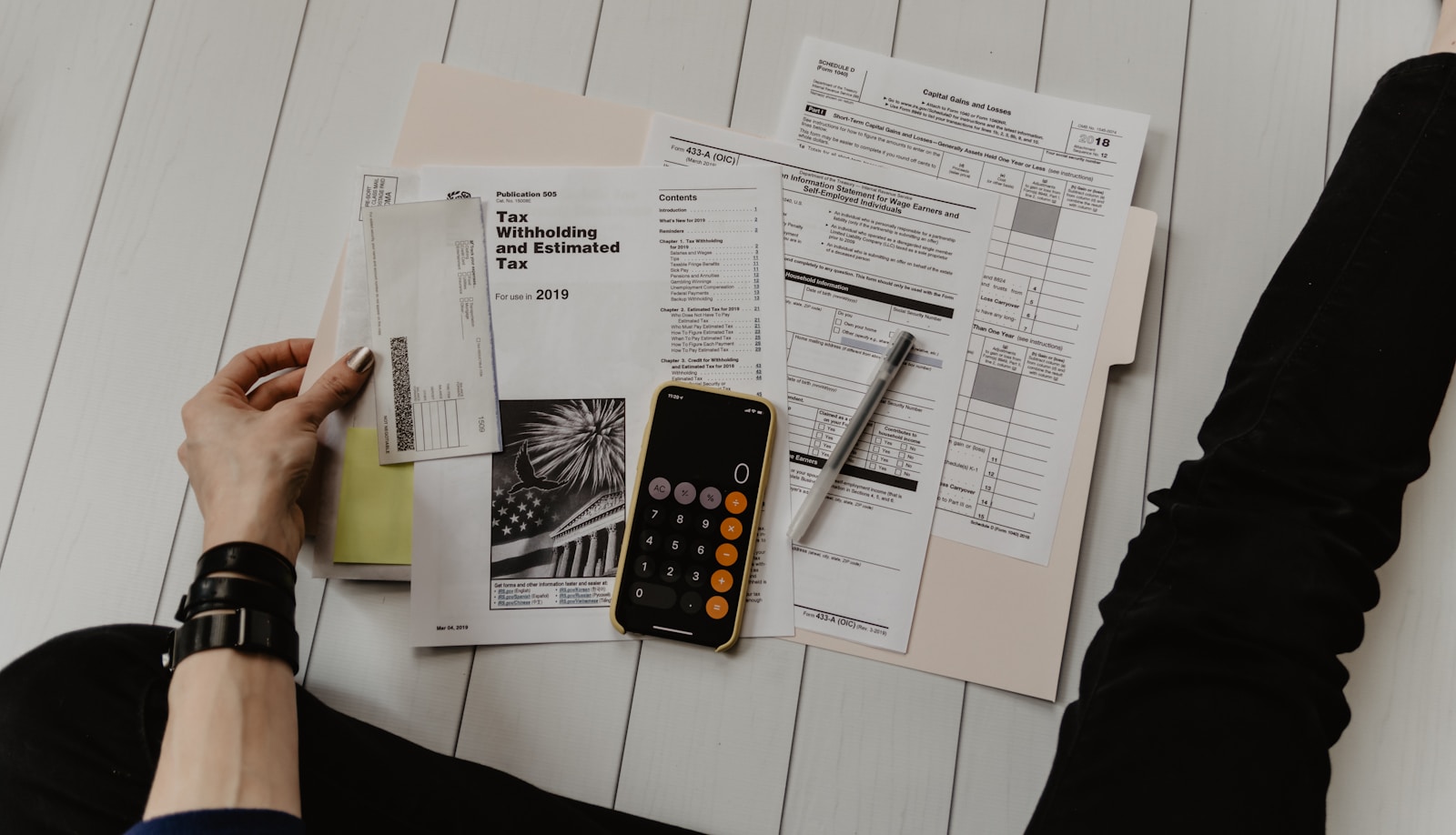Mastering the Basics of Accounting for Freelancers and Self-Employed Individuals
For freelancers and the self-employed, having a good grasp of accounting basics is not just a useful skill, but a necessity for long-term financial health and business success. Whether you’re a graphic designer juggling client accounts or a part-time tutor managing fluctuating income, understanding how to manage your finances is crucial.
Why Accounting is Important
Many freelancers neglect accounting until tax season, which can lead to avoidable problems. Small business accounting is not just about compliance; it provides visibility into your income, spending patterns, and profitability. Without this insight, it’s almost impossible to grow sustainably or know if you’re truly making a profit. Taking a class to learn the basics of accounting tailored to independent specialists can be a great starting point.
Key Concepts to Get Started
Before diving into the numbers, it’s essential to understand some key terms:
- Revenue: all the money you earn from your freelance work
- Expenses: everything you spend on your business, from software subscriptions to office supplies
- Profit: what remains after expenses are deducted from revenue
- Invoice: a document you send to clients requesting payment for your services
- Receipts: proof of your business purchases; crucial for tax deductions
- Account ledger: a way to organize all financial transactions in your business
These concepts may seem dry, but they are the backbone of any financially stable freelance business.
Getting Started in 5 Simple Steps
You don’t need to overhaul your entire business overnight. Try this quick-start plan:
- Open a separate business bank account: this makes it easier to track your income and expenses
- Choose an accounting system: go digital with cloud-based software or start with a well-organized spreadsheet
- Set up basic categories: break your income and expenses down by type, such as “client payments,” “software,” and “travel”
Additionally:
- Record every transaction for a month to build the habit
- Review your monthly figures: set a calendar reminder to check your income, expenses, and profit
Avoiding Common Mistakes
Even if you’re just starting out, here are some pitfalls to avoid:
- Mixing personal and business finances: always use a separate bank account for your freelance income and expenses
- Ignoring small expenses: these $5 subscriptions add up; track everything to reduce your tax bill
- Skiping record-keeping: keep digital or physical copies of each receipt and invoice for at least three to five years
- Waiting until tax season: don’t wait to get your finances in order; regular monthly reviews can save you tax-related stress later
Tools to Make Your Life Easier
While spreadsheets can be a decent starting point, small business accounting software can save time and stress. Tools like QuickBooks Self-Employed are designed specifically for freelancers, allowing you to:
- Track earnings and expenses
- Create and send invoices
- Enter receipts via mobile devices
- Estimate quarterly taxes
- Generate profit and loss reports
Most of these platforms offer free trials or affordable monthly plans, and many provide beginner tutorials to get you set up in under an hour.
Conclusion
Accounting for small businesses doesn’t have to be intimidating. You can hire an accountant or do it yourself, but learning the basics today can save you time, money, and frustration in the long run. Remember, it’s not about perfection; it’s about progress. By following these simple steps and avoiding common mistakes, you can set yourself up for financial success and focus on what you do best – growing your business.


